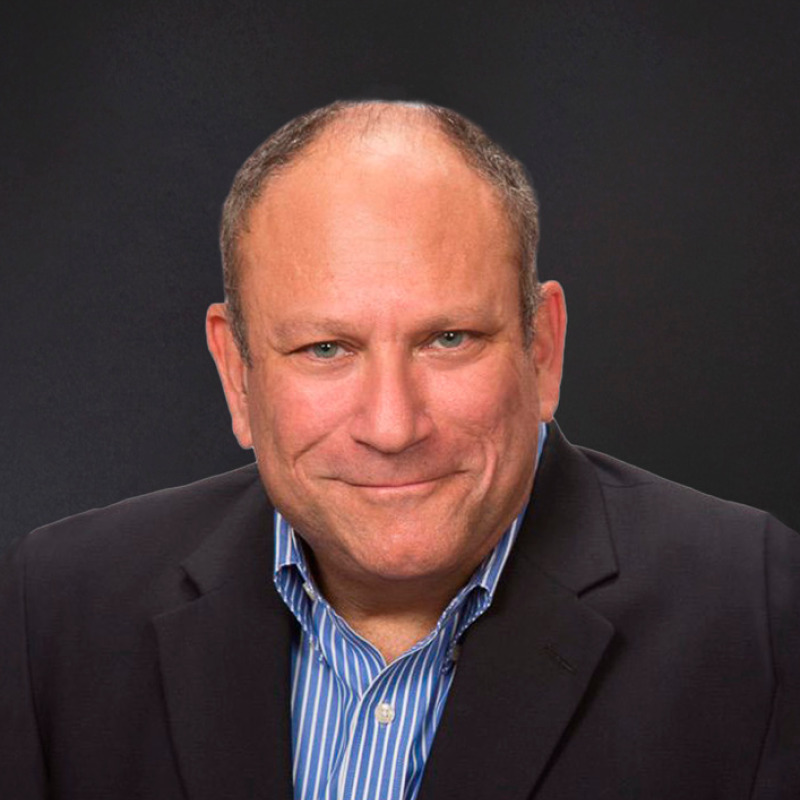
First, a bit of self-promotion: the International Center for Law & Economics (ICLE) hosted an excellent panel discussion Feb. 26 on the 2023 merger guidelines. I moderated, but the real attractions were the panelists: Maureen Ohlhausen, Noah Phillips, Bruce Kobayashi, Diana Moss, and Kristen Limarzi. The room was packed, as it should have been. Video of the discussion is available here on ICLE’s YouTube channel.
He’s Got the Whole of Government in His Hands
Once upon a time (July 9, 2021, to be precise), President Joe Biden issued an executive order on “Promoting Competition in the American Economy,” which declared that “a whole-of-government approach is necessary to address overconcentration, monopolization, and unfair competition in the American economy.”
It was a big deal and a hot mess. It was also the birth of a mantra, chanted hither and yon among the agencies. It was touted most recently in the Federal Trade Commission’s (FTC) comments to the National Institute of Standards and Technology (NIST) in support of expanded march-in rights. The U.S. Justice Department (DOJ) went so far as to celebrate the order’s one-year anniversary.
“Whole-of-government approach,” which has its own Wikipedia page, seems like the sort of thing that could be a good idea or a terrible one, depending on what it means (supposing that it does mean something specific). It’s often trotted out in favor of interagency cooperation, which certainly can be a good thing, even if it’s nothing new.
Of course, the FTC is supposed to be an independent agency headed by a bipartisan commission. That doesn’t mean it can’t cooperate with other federal agencies, but its enabling statute stipulates that independence and that “[n]ot more than three of the Commissioners shall be members of the same political party.” (Although it does not promise that the president will nominate or that Congress confirm commissioners from more than one party so, sometimes—today, for instance—it’s more of a partisan affair and seems a bit less independent).
Moreover, executive agencies (independent or not) are created, empowered, funded, and overseen by Congress, which enacts laws and has the power of the purse.
Surely, a whole-of-government approach shouldn’t mean that the Constitution’s balance of powers ought to be cast aside so that the whole (of) government just means, say, the executive branch, much less any one unelected appointee running (solo or with fellow commissioners) an agency of greater or lesser independence.
Other Than That, House Judiciary Committee, How Did You Like the Play?
Which brings us to a Feb. 22 interim staff report from the U.S. House Judiciary Committee. The report’s title (“Abuse of Power, Waste of Resources, and Fear: What Internal Documents and Testimony from Career Employees Show About the FTC under Chair Lina Khan”) is a bit of a spoiler. There seems to be some friction between the committee and the commission, as also evidenced by—among many other examples—this letter from committee leadership a little over a year ago.
Unsurprisingly, the interim staff report is a political document, but it’s also thoroughly—some might say depressingly—documented, and well-studded with quotations from FTC management and staff. I don’t see any of my old emails quoted, and for that I am grateful.
Here’s my own spoiler alert: most of the quoted material has a familiar ring to it, and most of the criticisms seem to me to be warranted, even if it’s not the report that I would have written, and not the style in which I’d have written it.
One might wonder about selection of staff and management views, of course. The report’s legitimate focus on areas of concern also shouldn’t obscure the fact that there remain experienced people doing familiar—indeed, important—work at both federal antitrust agencies. It’s not all neo-Brandeisian power plays all the time. Still, a great deal has not been business as usual; this is not the testimony of some select malcontent; and there are real issues there.
Most of the material seems familiar, but not all of it. I cannot pretend to have seen everything in my last year-and-a-half at the FTC, and I didn’t talk to everyone, even if I talked quite a bit. I don’t doubt the quoted material, but I didn’t personally observe a “culture of fear,” even if I observed no small amount of frustration.
Going through some of the report’s findings one-by-one:
‘Centralizing Power in the Office of the Chair’
Yep. A substantial portion of that was officially enshrined in changes to the FTC’s rules of practice. See, for example, the section on administrative-law recommenders in my post here, which also covered changes to the rules on rulemaking, as well as the dissenting statement from then-Commissioners Christine Wilson and Noah Phillips.
Post-change, FTC rulemaking would still be overseen by a presiding officer, but it would now be one chosen by the chair, not by an independent administrative law judge. The interim staff report rightly cites additional dissents from Commissioners Wilson and Phillips (here and here) on omnibus resolutions that were adopted on strict 3-2 party-line votes. These, among other things, gave the chair the ability to authorize issuance of compulsory process—more broadly, to initiate and oversee investigations—in many instances that had previously required a vote of the bipartisan commission.
‘Marginalized Career Staff and Managers’
Check. The interim staff report says that career staff were “silenced internally and externally.” Certainly, that happened. There was the well-publicized (if eventually moderated) moratorium on outside speaking (at conferences, etc.) by FTC staff. Not this or that staffer, but the whole darn staff (including me, at the time). It’s embarrassing when you’re told to pull out of a conference panel discussion with, say, an hour-and-a-half to go. It should be embarrassing to the agency, as well. And it’s super-embarrassing to be told that a draft report (or two) cannot be shared with sitting FTC commissioners.
Many people inside the building were not happy. See pages 32-36 of the interim staff report, discussing the Federal Employee Viewpoint Surveys, which are independently conducted by the Office of Professional Management. Still, as I wrote before on the FTC’s “Theater of Listening,” and allowing that I can be a bit obtuse from time to time, I didn’t feel intimidated or fearful.
Remember the rule changes on rulemaking? Wilson and Phillips pointed out that the changes eliminated the requirement of an expert staff report. They also eliminated Bureau of Economics reviews of preliminary staff reports, diminishing both the transparency of the rulemaking process and the opportunity for independent input (and see me here and ICLE here on pp. 48-49).
It’s not just about the process. It’s about the collective expertise of a trained and experienced staff. With due and considerable respect to some of the fantastic appointees I’ve seen over the years, it’s that cumulative and collective expertise and experience that makes an expert agency expert, in anything.
Chair Lina Khan is highly intelligent and, as far as I know, believes in what she’s doing. She was duly nominated to the commission and, after her Senate confirmation, duly (if somewhat irregularly) named chair nearly immediately. The chair has always had some agenda-setting and hiring authority—a sort of first among equals. But not this much. And process, priors, prejudgment, and the foundations of her antitrust views aside, why place someone who is not even five years out of law school at the head of an important government agency? Someone who has neither staffed nor run an enforcement investigation? Or, as the interim staff report notes, tried a case?
That’s on President Biden. Let’s hope that no present or future president does the same at the Defense Department, State Department, Treasury Department, or the DOJ.
There have been self-inflicted wounds too. Consider, as a baseline, the FTC chiefs of staff appointed before Chair Khan’s tenure. Joe Simons, an FTC veteran, appointed a chief of staff with considerable agency experience and excellent contacts throughout the agency. Maureen Ohlhausen, his immediate predecessor and another FTC veteran, also appointed someone who knew the agency well and who’d worked in both of the FTC’s enforcement bureaus. Edith Ramirez, Jon Leibowitz, Bill Kovacic, and so on all sought help from those who knew the proper business of the agency, its resources, its processes, and its people.
Chair Khan’s first chief of staff was someone unqualified for most staff positions in the Bureau of Competition (no antitrust experience, no law degree), Bureau of Consumer Protection (still no law degree), or Bureau of Economics (no economics degree) and spent only a short term working in the FTC for Commissioner Rohit Chopra, where she was known for antagonizing FTC staff. That sort of appointment is a way to shoot oneself in the foot.
Khan’s first chief technologist was someone who, like the chief of staff, had worked for Commissioner Chopra, but had no law degree, no economics degree, and no technology degree. To be fair, that chief technologist had worked on tech issues of one sort or another. But hardcore technical expertise of a sort that FTC staff couldn’t deliver on their own? No, sorry. No such expertise. So much the worse if such a person also had a sub rosa “appointment” intervening between the Office of Policy Planning (and its experienced acting director and staff) and the Chair’s Office.
That’s no way to run a railroad. No wonder so many fled (see me here, Bloomberg here). Others hunkered down and hid.




